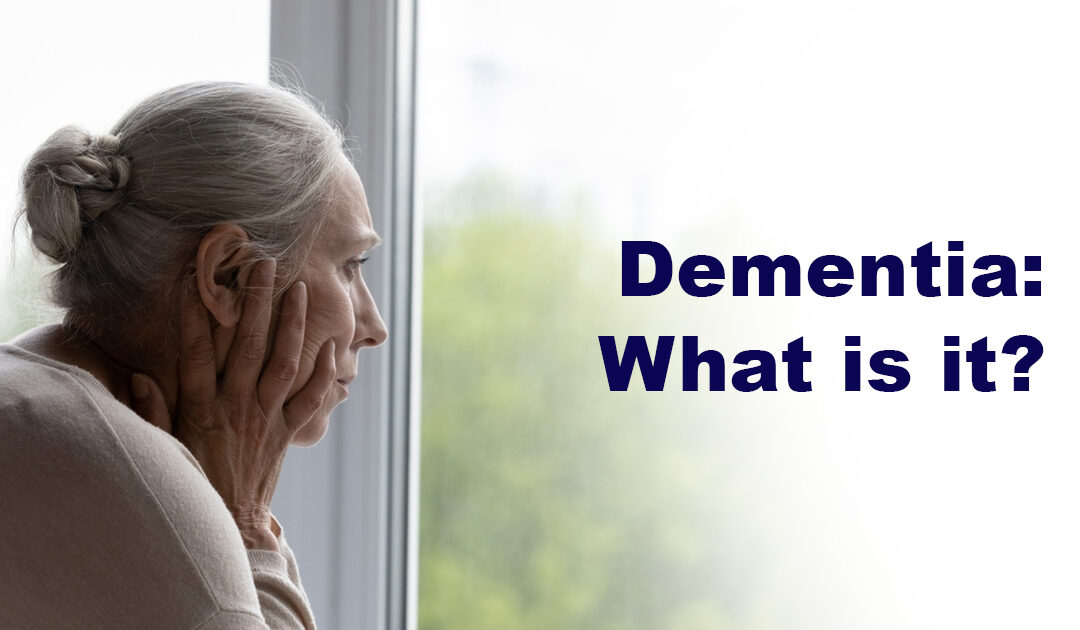Dementia is a broad term that refers to a set of disorders and illnesses that impair thinking, memory, reasoning, personality, mood, and behaviour. Mental deterioration disrupts your daily life and activities. It is estimated that almost half of adults aged 85 and up have dementia. A person with dementia experiences two or more of these specific challenges, such as a deterioration in:
- Memory and reasoning skills.
- Language skills
- Coordination
- Mood
- Behavior
Dementia develops when infections or diseases impair the regions of your brain that control learning, memory, decision-making, and language. Dementia is classified as a late-life disease since it most commonly affects the elderly. Dementia affects 5% to 8% of persons over the age of 65, and the percentage doubles every five years after that. Dementia affects up to half of persons over the age of 85.
Some causes of Dementia include:
The most common cause of dementia is Alzheimer’s disease.
However, other recognized causes of dementia include:
- Head Injuries
- Vascular Risk Factors
- Lifestyle Habits
- Genetics
- Brain Infections
- Vascular Dementia
- Lewy Body Dementia
Dementias are categorised into three categories:
- Primary (diseases and disorders with dementia as the major sickness).
- Secondary dementia (caused by another disease or condition).
- Reversible dementia-like symptoms induced by other illnesses or factors.
What are some symptoms of Dementia?
- Forgetting current events or knowledge.
- Making multiple comments or asking inquiries in a short space of time.
- Misplacing routinely used things or placing them in odd locations.
- Not knowing the season, year, or month.
- Having trouble coming up with the correct words.
- Having a shift in mood, conduct, or interests.
Signs that dementia is deteriorating include:
- Your memory and decision-making abilities continue to deteriorate.
- Speaking and finding the correct words becomes increasingly challenging.
- Daily complex chores like brushing your teeth, making a cup of coffee, using a TV remote, cooking, and paying payments get more difficult.
- Reduced rational thinking and behaviour, as well as problem-solving abilities.
- The sleep pattern alters.
- Anxiety, frustration, perplexity, agitation, suspicion, sadness, and/or depression increase or worsen.
- Needing additional assistance with daily chores such as grooming, toileting, bathing, and eating.
- Experience hallucinations.
Dementia, which refers to a variety of disorders that affect memory, thinking, and behaviour, interferes with daily life. While Alzheimer’s disease is the most common cause, vascular issues and head injuries can also contribute. Early detection is critical because it allows for better management and assistance for people with dementia. Remember that dementia is not a natural part of aging, so if you detect any changes in memory, thinking, or behaviour, see a doctor.

